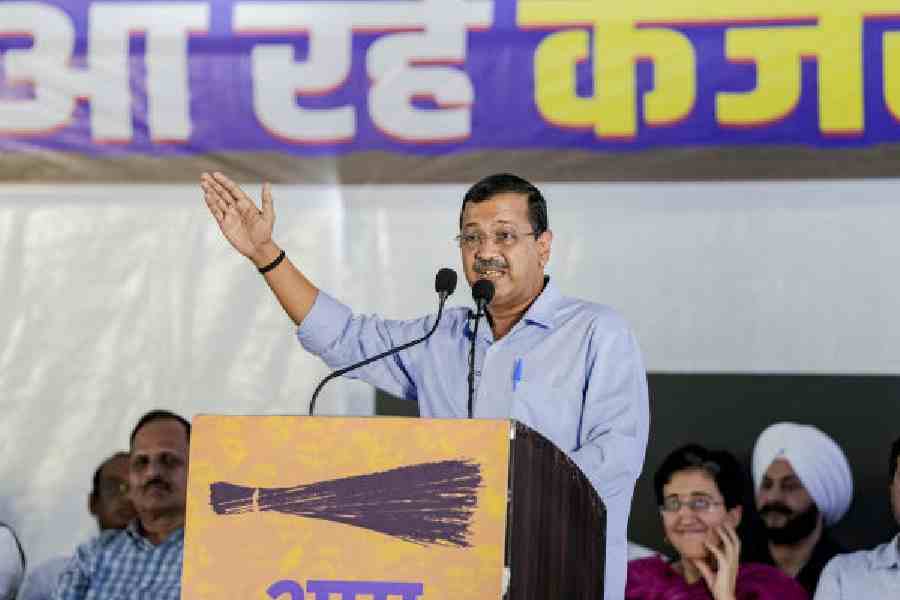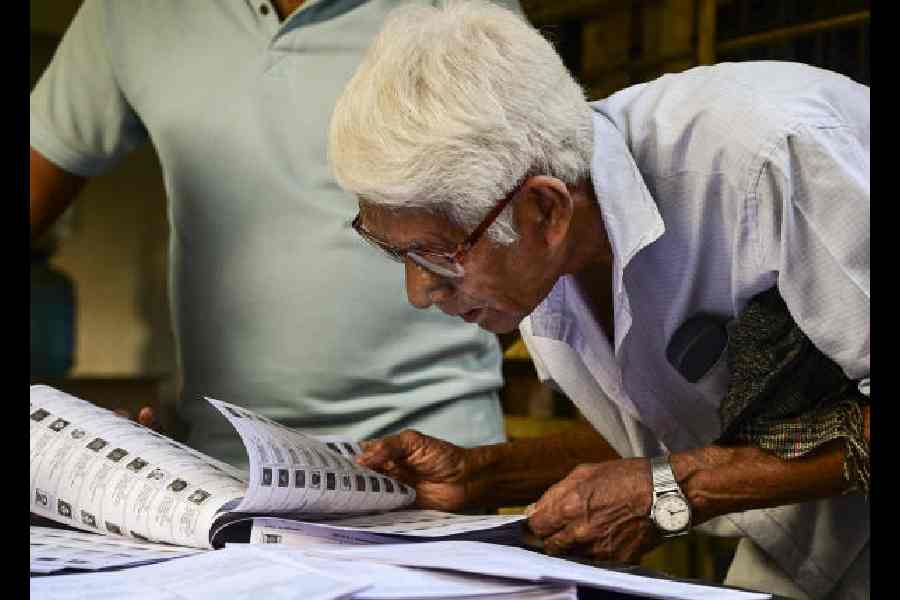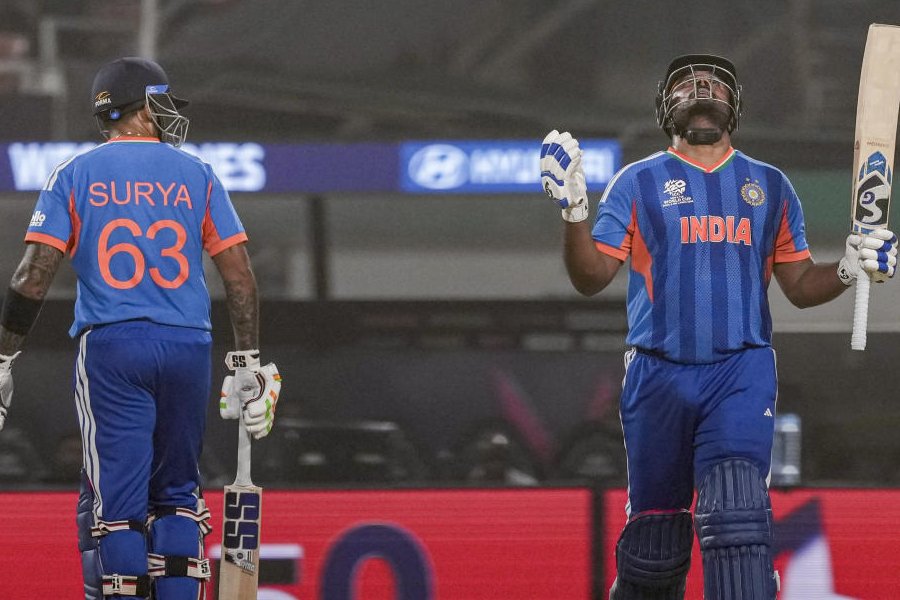Nostalgia pays
Sir — Yet another film is set to re-release in theatres next month. This time it is Shoojit Sircar’s Piku. Last year, too, saw the re-release of several cult classics like Kal Ho Na Ho, Veer Zaara and so on. The success of these re-releases raises important questions about why multiplexes are having to fall back on already popular films to make money. New, experimental content is being lapped up by audiences on OTT platforms. Yet, Bollywood has been unable to move away from following the same hackneyed tropes. People might enjoy re-releases for a while, but then they will get bored.
Khokan Das,
Calcutta
History rewritten
Sir — The censoring of the film, Phule, is an affront to artistic and historical truth. The Central Board of Film Certification’s objection to terms like “Mahar” or “Mang” and to scenes depicting caste oppression dismisses the lived reality of many Indians. These are not fictional exaggerations but reflections of a painful past. Sanitising history does not erase its consequences. The contributions of Mahatma and Savitribai Phule deserve an honest portrayal and not dilution. Public discomfort cannot justify historical denial.
Avinash Godboley,
Dewas, Madhya Pradesh
Sir — The CBFC’s treatment of Phule undermines both historical integrity and the struggle for social justice. The film seeks to educate and honour two of India’s foremost reformers. Suppressing facts because of caste sensitivities dishonours their legacy. History must not be judged by the discomfort it causes but by its power to inspire change. A democratic society must encourage open engagement with its past, not conceal it under the pressure of a few voices.
Jayant Chiney,
Mumbai
Sir — The postponement and censorship of Phule represent a worrying trend of erasing Dalit histories. Mahatma and Savitribai Phule’s work in dismantling caste discrimination is a cornerstone of India’s social reform journey. If words like “Peshwai” and depictions of untouchability offend, then perhaps that offence proves the necessity of this film. The truth should not be subject to approval by caste interests. Art must challenge, not conform. The nation owes it to the Phules to remember their work.
Melville D’Souza,
Mumbai
Healthy step
Sir — The World Health Organizations’s Draft Pandemic Treaty represents progress, albeit modest, in global public health preparedness. The ‘One Health’ approach, linking human and ecological health, is a crucial step forward. Equally important is the recognition that countries contributing pathogen data should receive equitable access to resulting medical tools. While lacking an enforcement mechanism, the treaty does establish moral and scientific precedents. Its endorsement could signal the start of global cooperation.
Jahar Saha,
Calcutta
Sir — The proposed pandemic treaty underscores the long-overdue acknowledgment of inequities in global health systems. The Global South’s insistence on fair vaccine and drug access is justified given the glaring disparities during Covid-19. While the treaty does not fully guarantee equitable distribution, prioritising those who share pathogen data is a welcome move. However, the absence of binding enforcement weakens its potential. The WHO must continue pushing for accountability mechanisms.
Anshu Bharti,
Begusarai, Bihar
Sleep well
Sir — The growing research on social media’s impact on sleep underscores a shift from blaming screen time to understanding emotional engagement. Simply reducing device use before bed may not address the core issue. Emotional investment in social media, especially at night, clearly disrupts rest through heightened awareness and social comparison. These behavioural patterns deserve more attention in public health discussions.
Junainah Javed,
Calcutta
Linguistic bridge
Sir — The story of Prathla, a blogger, who is taking his viewers on a digital journey through Bengali etymology is not just entertaining — it is essential. At a time when language is increasingly homogenised by algorithms, his deep dives into the quirks and roots of Bengali offer a refreshing reclaiming of cultural pride. His modesty and humour only make the effort more relatable. For many probashis and young Bengalis, he is fast becoming a bridge between nostalgia and knowledge.
Kamal Basu,
Calcutta
Shared taste
Sir — Easter festivities brought the austere meals of Lent to an end. Yet, even the blandest dishes of Lent are rich with meaning. Far from being joyless, these meals connect generations through shared ritual, reinforcing identity and togetherness. In an increasingly individualistic world, such communal observances offer rare moments of collective introspection and unity.
Sourish Misra,
Calcutta










